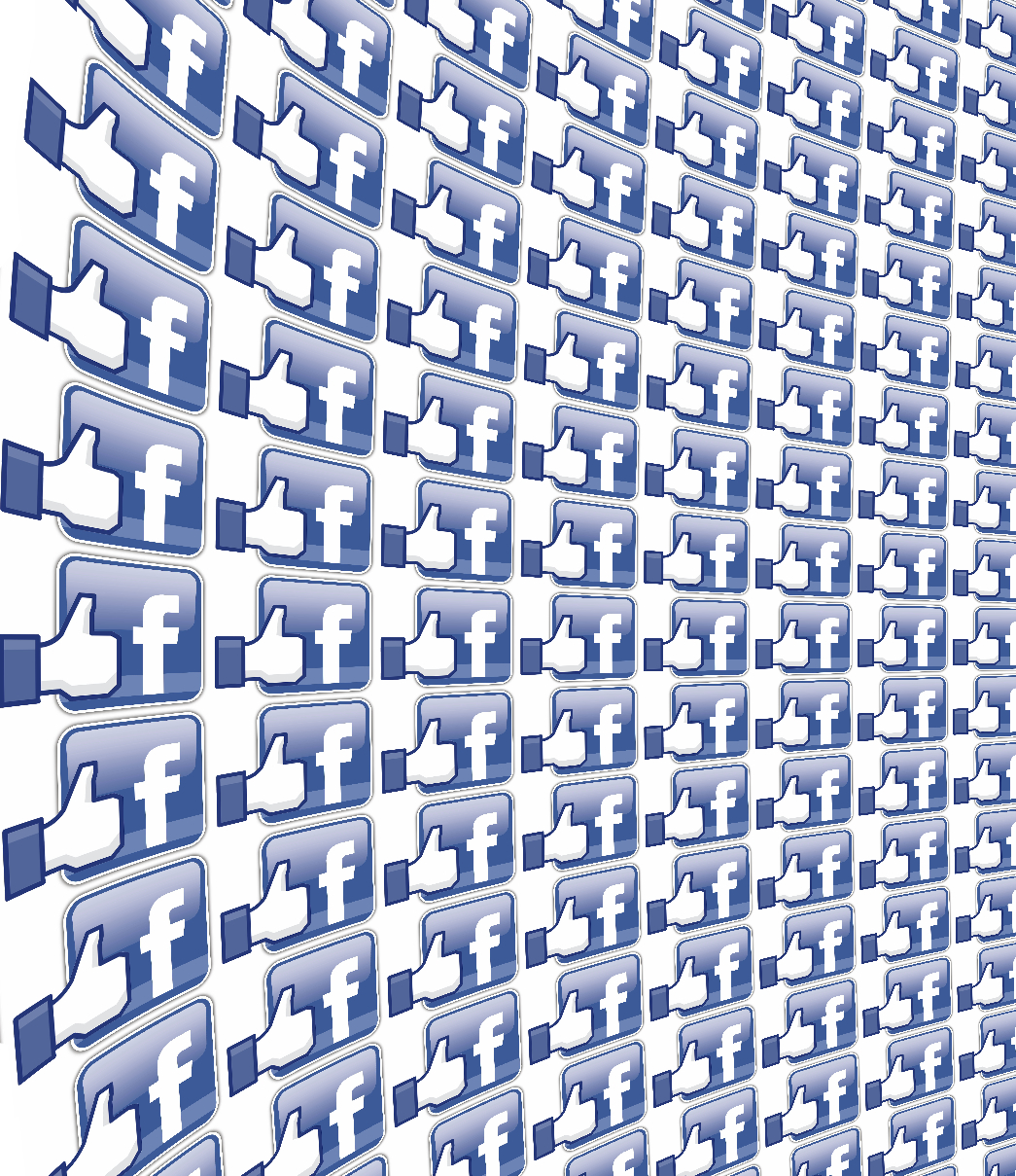Videos viewed as top tool
 A new study has some tips on how health promotion groups can get more online engagement.
A new study has some tips on how health promotion groups can get more online engagement.
The University of Sydney study reveals how different content, communication techniques and marketing elements affect Facebook fans’ engagement as measured by metrics such as likes, sharing and comments.
Researchers analysed the Facebook sites of beyondblue, Movember Foundation, R U OK Day, Cancer Council NSW, the Heart Foundation and others.
“Our results showed that video posts attracted the greatest amount of user engagement,” said University PhD student James Kite who led the study.
“However, this finding almost certainly reflects the influence of the Facebook algorithm governing what is shown in user newsfeeds, and which appears to preference videos over other post types.”
The key findings include;
Content
- Video posts received on average 25 per cent more likes than photo posts
- Video posts received nearly four times more shares and twice as many comments as photo posts
- Link-based posts received 37 per cent fewer likes and 30 per cent fewer shares
- Text-based posts received 31 per cent fewer likes and 69 per cent fewer shares
Communication techniques
- Use of emotional appeals received on average 18 per cent more likes but 27 per cent fewer shares and 10 per cent fewer comments than call-to-action appeals
- Information-based posts received on average twice as many shares but had no significant impact on likes or comments
- Humour-based appeals received twice as many comments but had no significant impact on likes or shares
- Fear-based appeals received 72 per cent more comments but had no significant impact on likes or shares
Marketing elements
- Posts involving celebrities and sportspeople received on average 62 per cent more likes, more than twice as many shares and 64 per cent more comments than posts that did not contain celebrities and sportspeople
- Sponsorships and partnerships received on average 41 per cent fewer likes, 58 per cent fewer shares and 50 per cent fewer comments
- Use of competitions, prizes and giveaways received on average four times more comments but 29 per cent fewer likes and 57 per cent fewer shares.
- Use of characters or mascots received on average more than twice as many comments, but had no significant impact on likes or shares.
- Use of vouchers, offers and rebates had no significant impact on likes, shares or comments
"These results are a necessary first step in filling the knowledge gap on the effective use of Facebook by public health organisations,” says University of Sydney co-author, Dr Becky Freeman.
“By critically examining the characteristics of Facebook posts created by Australian-based public health organisations, we have identified post types and marketing techniques that attract greater or lesser user engagement.
“The study shows that in order to increase the chances of achieving public health goals, public health agencies using Facebook need to encourage engagement and adapt to the Facebook algorithm to maximise message exposure, while ensuring their content is high quality.”








 Print
Print